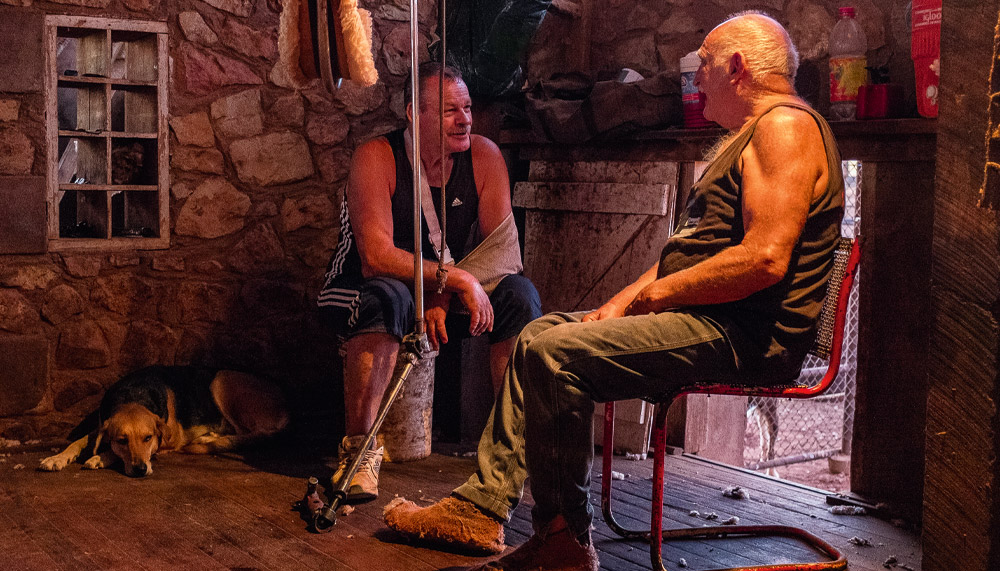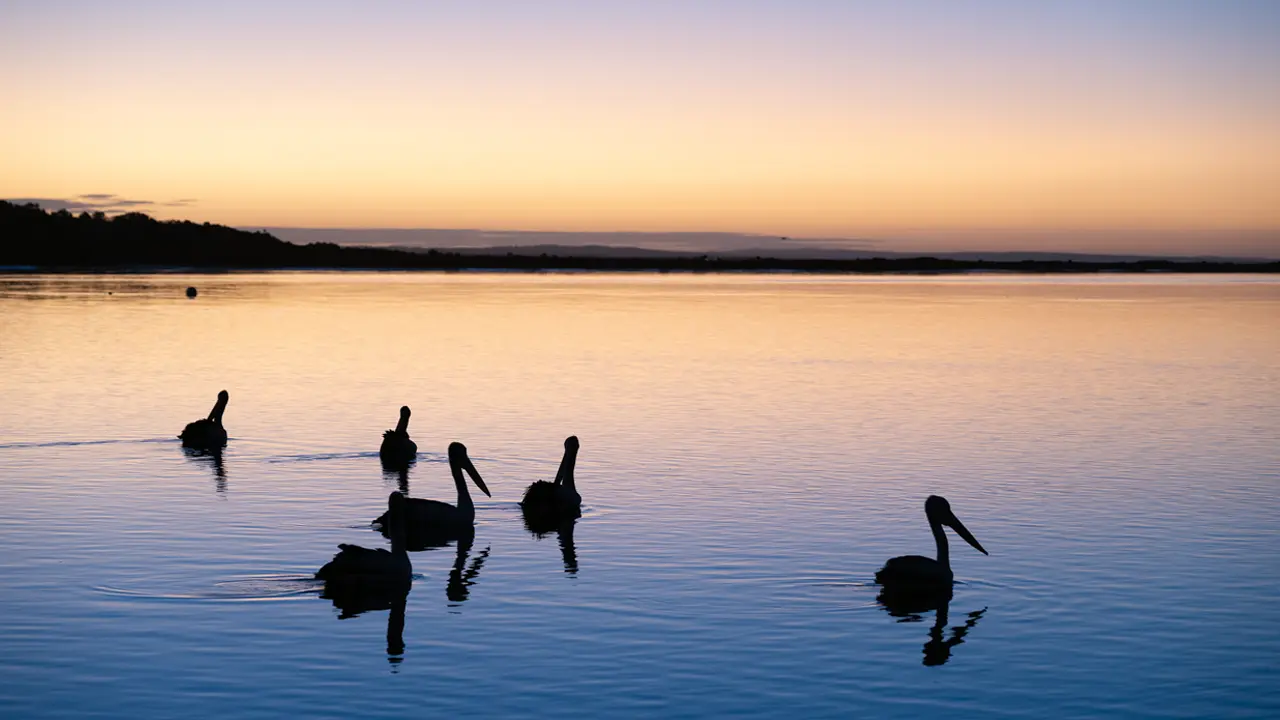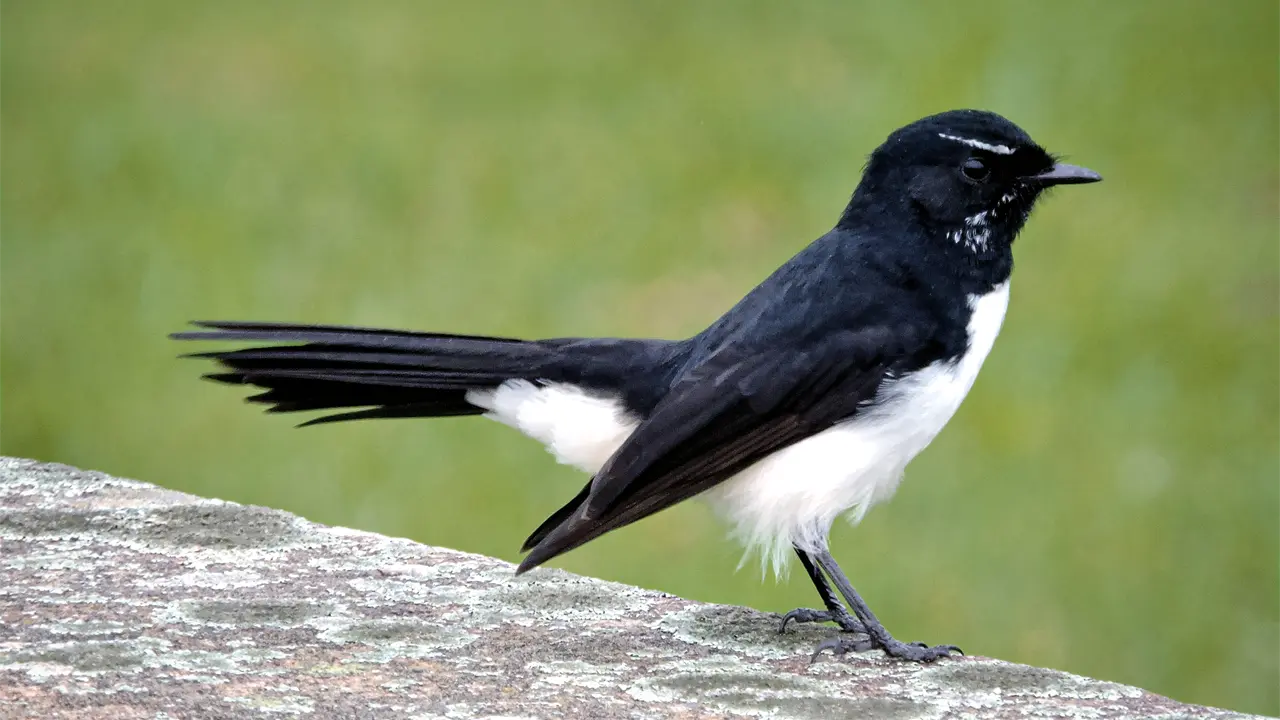Rural Australia often gets the rough end of the pineapple, but it remains a vital storehouse of authentic Australian language – from speech patterns, slang, swearwords and sayings through to the rich heritage of ancient Indigenous languages.
Story + Photo Ken Eastwood
Ask anyone in rural Australia for their favourite Australian saying, and they’ll probably give it a fair crack. ‘Flat out like a lizard drinking’ is likely to come up a lot, as will ‘mad as a cut snake’ and ‘going off like a bucket of prawns in the sun’. Other rarer sayings will tickle individuals: ‘She couldn’t train a choko vine over a dunny’ or ‘My throat is as dry as Pommy’s towel’.
Cultural historian, bush poet, writer and performer Warren Fahey AM has his own favourites. “I’ve been collecting them for 50 years and they still make me laugh,” he says. “Many are sexist and racist, and any other ‘ist’, but they give us an idea of where we’ve come from. No other country can claim a phrase like, ‘He’s got a few roos loose in the top paddock’. Some are a bit bawdy, like ‘He’s as ugly as a bucket full of arseholes’ or derogatory such as ‘not enough brains to give himself a headache’. One of the most common I’ve heard in the bush is ‘as useless as tits on a bull’. And I love the one about hunger, ‘I could eat the arse out of a cane chair’.”
For the past five years, Warren has starred as Banjo Paterson in a play called Dead Men Talking that he co-wrote with actor Max Cullen, and says much of our Australian identity in language comes from writers such as Banjo, Henry Lawson and CJ Dennis, writing in the late 19th and early 20th century, and published in The Bulletin (which was known as the ‘bushman’s bible’). “They used terms like ‘true blue’ and ‘dinky-di’. They filled a huge need as Australians moved from the country to the city after Federation.”
Warren says that although a lot of traditional Aussie lingo might be dying out in some quarters, there is still plenty that defines our language as Australian. “We’ve become quite Asian, but you don’t have to go too far to find a second-generation Chinese Australian who’s got a broad accent and uses Australian colloquialisms,” he says. “They don’t use expressions like ‘he’s true blue’ or ‘dinky-di’, but you do hear, ‘he’s a good bloke’. You’ve got to hold on to those Australianisms that we’ve still got, mourn those that have gone and invent new ones.”
Even the way we shape our mouth when we talk and the pace at which we converse is a result of living in the bush, Warren says. “It makes a lot of sense that you talk with your lips almost closed because if you don’t, you get a gob full of flies,” he says. “A lot of people who worked on the land had a solitary life, or they were working as boundary riders or drovers, and conversations didn’t come easy, so they metered, they measured the words they spoke. Words were valuable. The further you go out, the slower the language is – they’re just not in as much of a hurry as people in the city. That’s just the nature of the city versus the bush.”
This story excerpt is from Issue #133
Outback Magazine: Oct/Nov 2020










